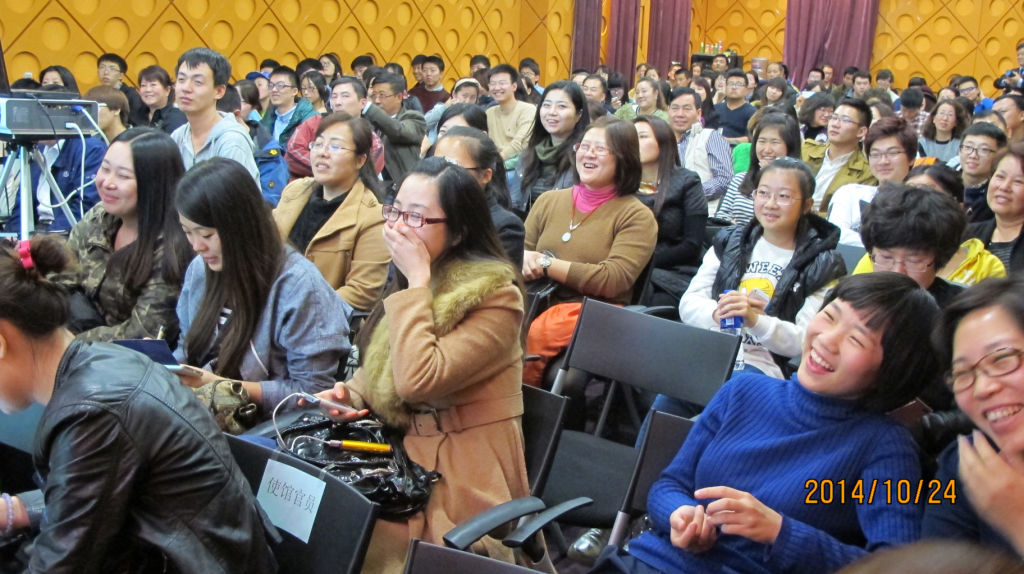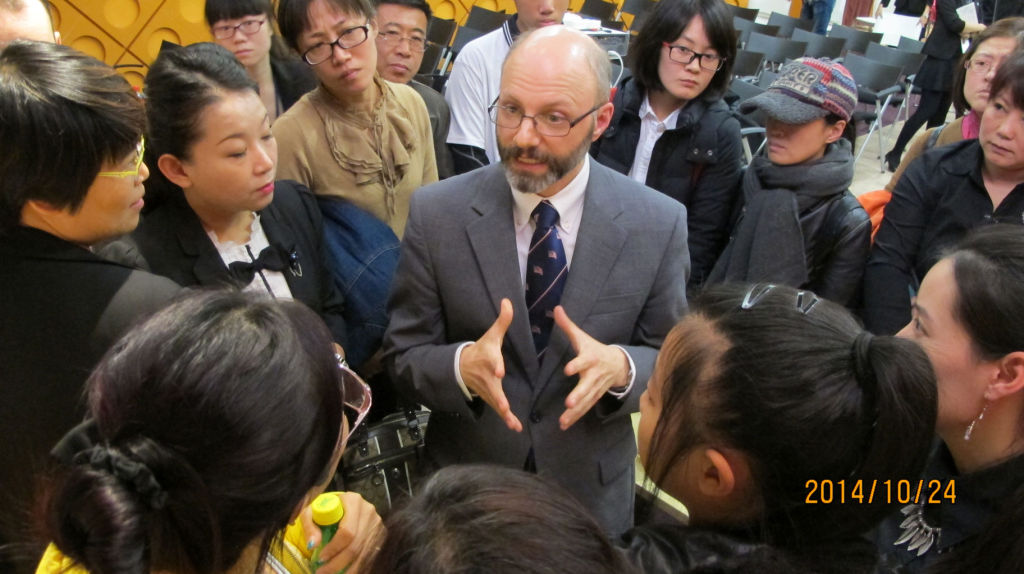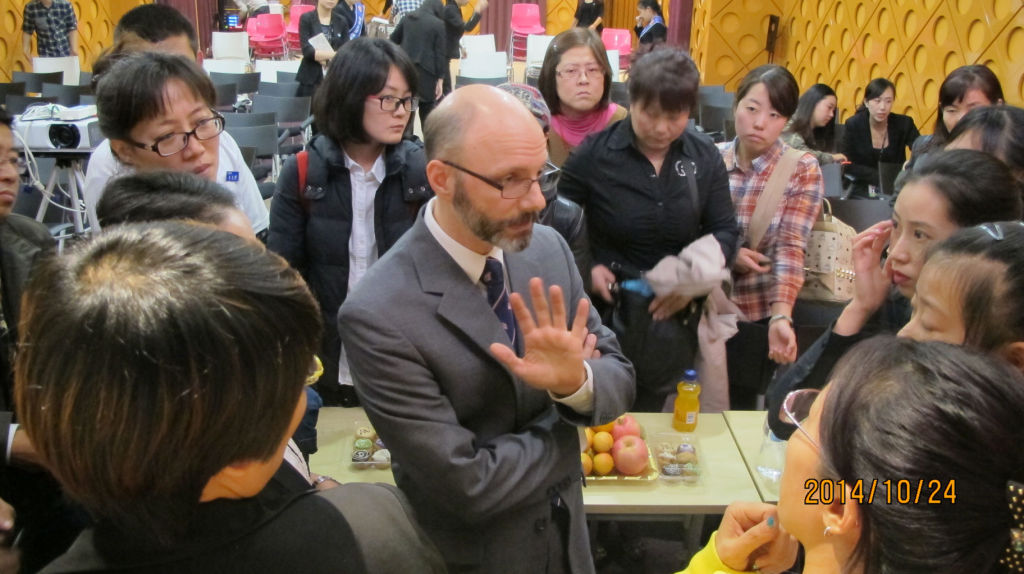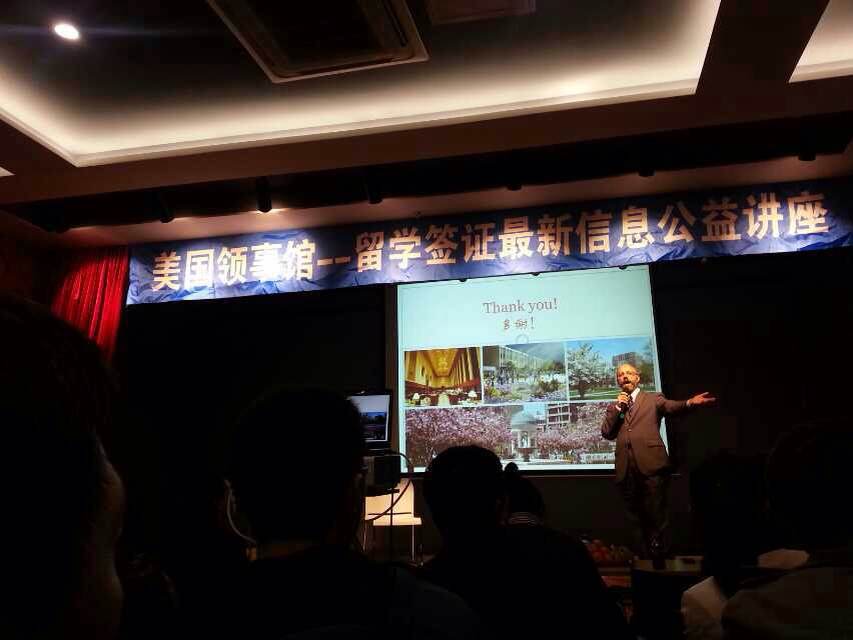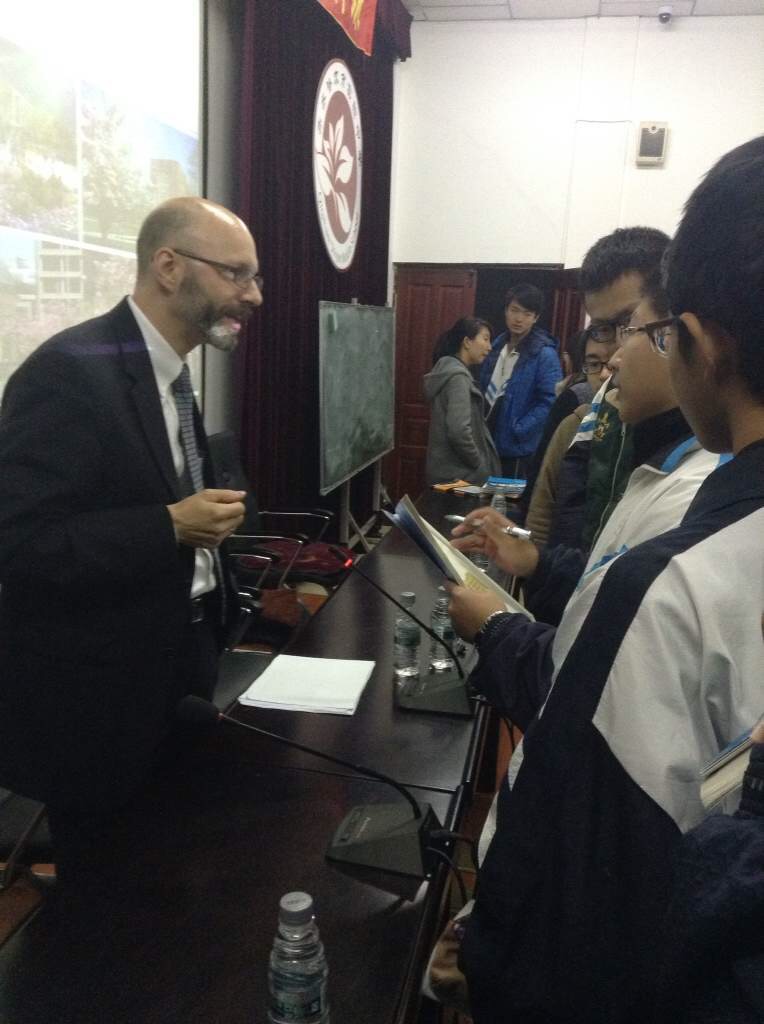Playing Detective
When some people apply for a US visa, they present fraudulent information about themselves. This is beyond the small sins that some people commit when they lie on a resume, like exaggerating salary information, education or a job title. People have lied to me about big things. For example, someone once told me that he was the GM of a big car parts company. When we investigated, we discovered that he actually does work for the company, but his job is to sweep the factory floor. A simple phone call to the company was enough to uncover that lie.
This week I was sent out to another city to conduct site visits, and investigate some cases. I had a list of places to visit, and a mission to confirm applicants’ employment, business activity, income, etc. They day’s activities included a lot of driving around, calling applicants to find their exact places of business. Once we found them, I asked a lot of questions to try to uncover the facts.
Some of the applicants were clearly not fraudulent. They showed me their businesses, talked freely about their customers, their incomes, their plans for the future, etc. Wrapping up those cases is easy. We thanked the applicants for their time, and noted “no fraud.”
Others were clearly fraudulent. The place of business that one applicant listed on his application form didn’t exist. In another case, the address existed, but the business didn’t. We called the applicant to verify the address, and the applicant verified it. Then we said that we were standing at the address, and we couldn’t see his store. “Click,” went the phone. “Fraud confirmed,” went our notes.
It was a fun day. I learned a lot about the local economy, gained some more insight into the city. I like talking with people, and learning new things.
Finding fraud was disappointing, of course. I don’t like it when people lie to me, but in this case, I’m not surprised by it. Some people are almost desperate to get to the US, often because they don’t see a future for themselves in their current circumstances. I can understand that they lie, but it still makes me sad. I feel sad for them on the inside, and do my job on the outside.

